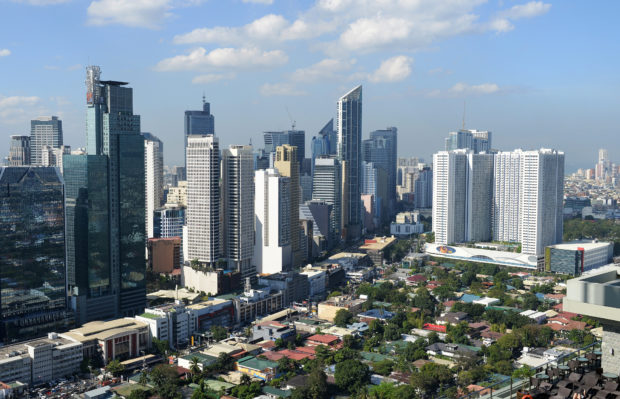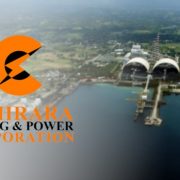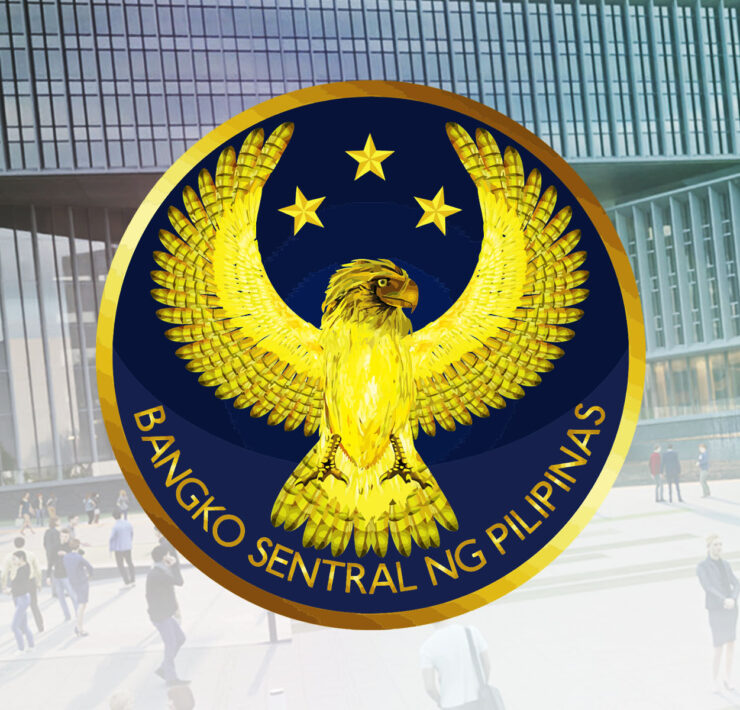Moody’s: PH banks to see ‘least damage’ from US tariffs

Philippine banks are likely to experience the “least damage” in the Asia Pacific (APAC) region amid the ongoing global trade debacle, mainly due to the relatively mild tariffs imposed by US president Donald Trump on Filipino goods coming to America.
In a commentary dated April 7, global debt watcher Moody’s Ratings said the relatively lower levy that Trump had announced on Filipino products compared to other Asian countries means the impact on the local economy would not be as significant.
The Philippines was slapped a 17-percent tariff while Cambodia was hit with 49 percent; Laos, 48 percent; Vietnam, 46 percent; Thailand, 36 percent; Indonesia, 32 percent; Malaysia, 24 percent; and Singapore, 10 percent.
With the muted impact compared to the rest of the region, Moody’s said there would not be too much pressure on the Bangko Sentral ng Pilipinas (BSP) to cut interest rates at a much quicker pace in a bid to spur growth, thereby minimizing any potential erosion of margins and profits of domestic lenders.
“To counter the strain from higher US tariffs, it is likely that some central banks in APAC will begin reducing interest rates sooner than when the markets expect, or moderate the pace of their rate hikes, as in the case of Japan,” Moody’s said.
“These measures, if implemented, will lead to lower bank margins. We also expect higher government support and other measures from the central banks, including interest rate reductions and loan restructurings for borrowers in the most affected industries,” it added.
On the flip side, the credit rating agency said banks in Vietnam, Thailand and Bangladesh would be the worst hit in the region by the tariffs because of their higher reliance on exports to the US compared with other economies in the region.
“In these three countries, a moderation in exports to the US will hurt economic growth, straining loan growth for banks and hurting loan quality,” it added.
BSP data showed local banks had netted P391.28 billion in 2024, growing by 9.76 percent. That was the sector’s highest net profit on available record dating back to 2008.
Such a growth was driven by net interest income, which jumped by 13.45 percent to P1.04 trillion last year, breaching the trillion-peso mark for the first time on record.
In terms of loan quality, Moody’s said APAC banks would unlikely see a significant rise in bad corporate loans, arguing that the potential drop in US sales because of more expensive tariffs would not have a big impact on Asian companies’ ability to pay their bank credit.
“Still, some industries in APAC are more heavily dependent on US sales, which could lead to mildly higher asset quality risk for creditors, particularly in automobiles and parts, steel, chemicals, textiles and shipyards,” it added.





















